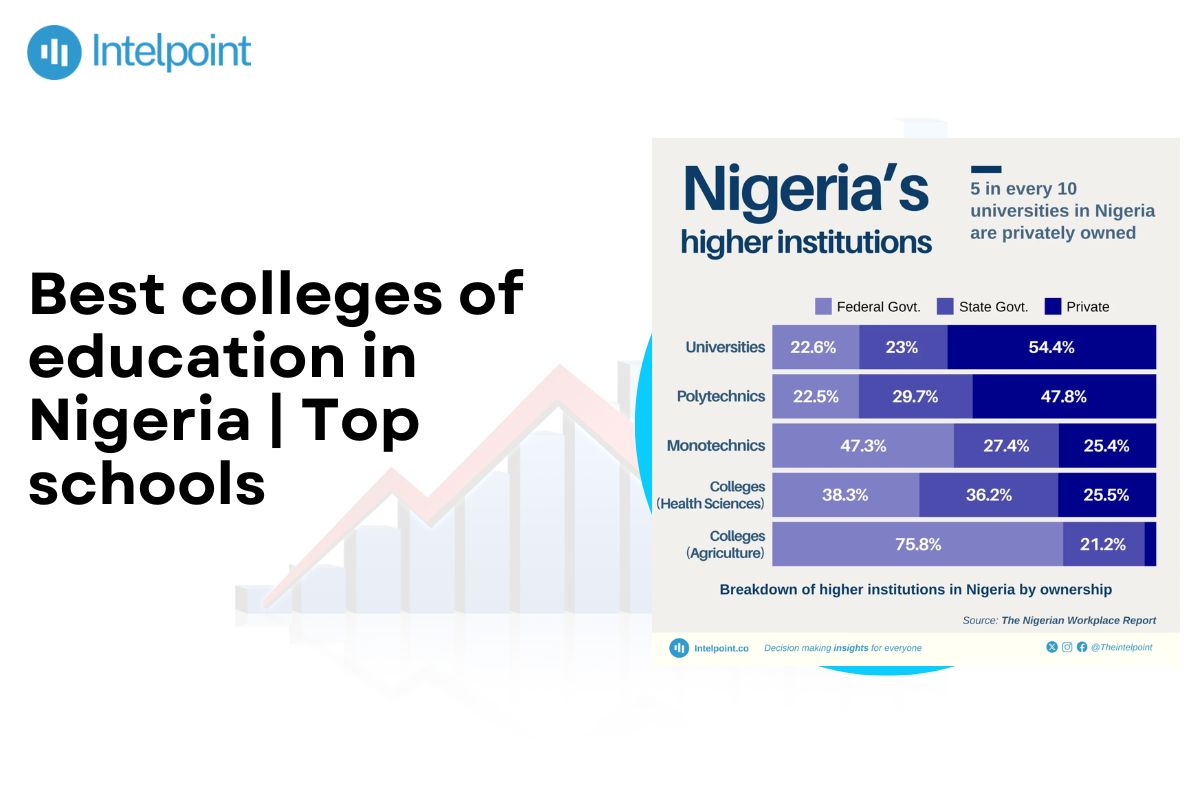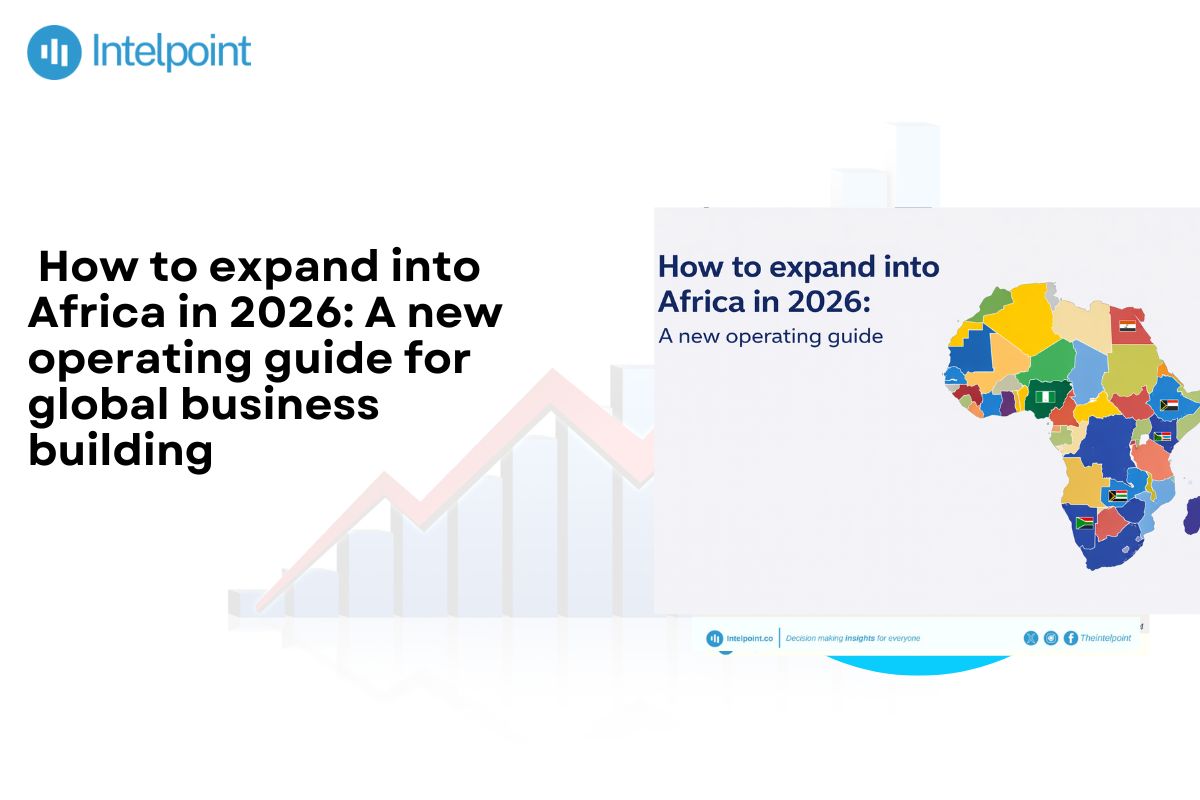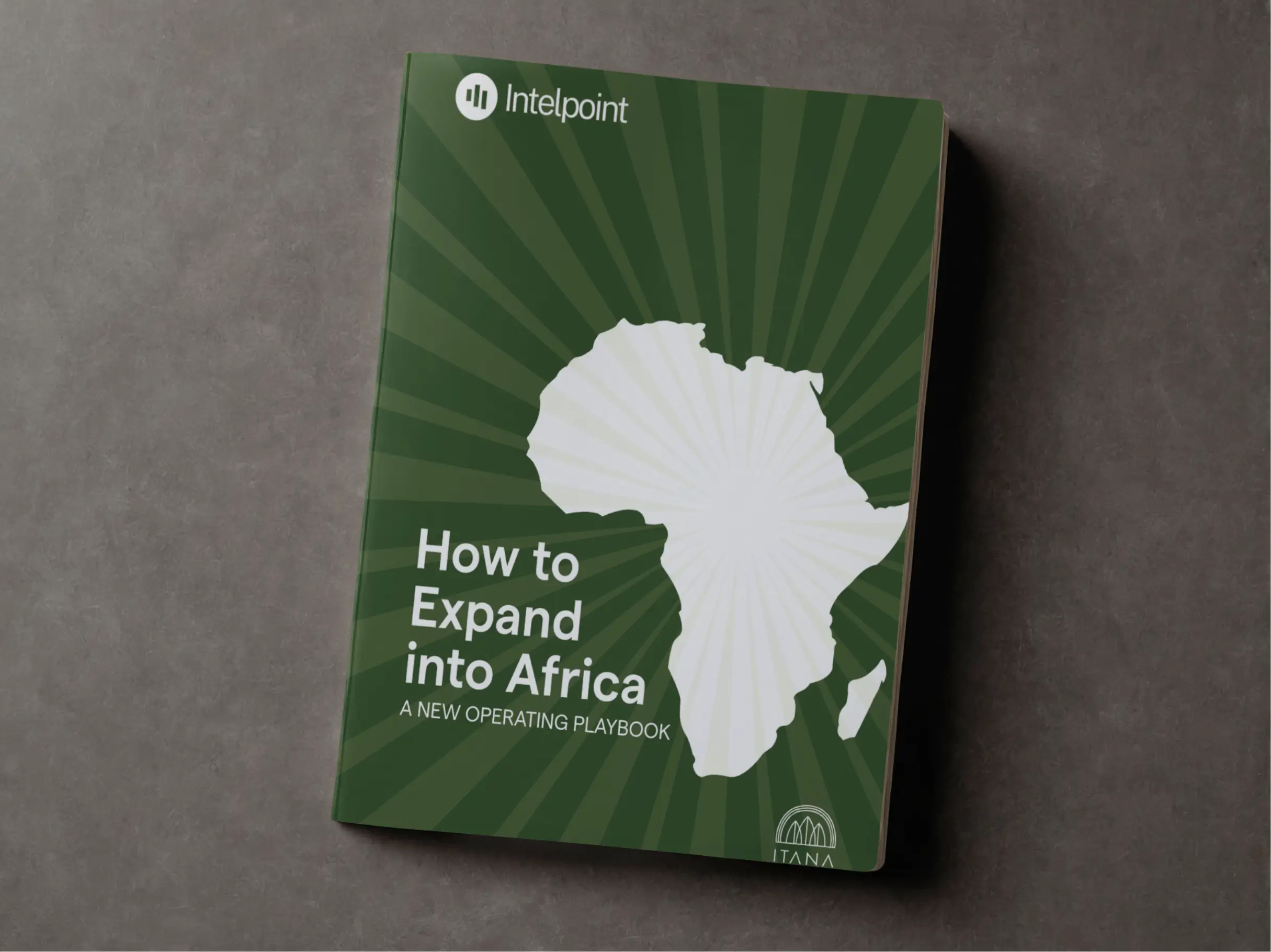Nigeria has over 200 accredited colleges of education, which contribute immensely to the country's tertiary education. In 2011, Nigeria's gross tertiary enrollment reached 10.169%, an increase over the preceding years. In 2024, tertiary educational institutions, including colleges of education, span all 36 states and the Federal Capital Territory, with variations in terms of capacity and enrollment. Female students constitute approximately 44% of undergraduate students in tertiary educational institutions, expressing gender inequality in educational access.
Key takeaways
- The best education colleges in Nigeria include Emmanuel Alayande University of Education, Oyo, Federal College of Education (Special), Oyo, and Federal College of Education, Kano.
- 2000-2005: Nigeria's educational budget in the year 2000 totalled about 4.08%.
- 2006-2010: The education budget increased marginally to 4.8% in recent years.
- 2011-2015: Budget expenses ranged between 6.2% in 2011 and 9.9% in 2014, reflecting increased educational spending.
- 2016-2020: Between 2015 and 2019, education accounted for between 6.7% and 7.3% of the federal budget.
- 2021-2024: The number of universities grew, from 170 in 2020 to 272 in 2024, alongside a significant expansion in tertiary educational infrastructure.
Meanwhile, among the colleges of education in Nigeria, 46.7% of them are privately owned (25.5% for Health Sciences; 21.2% for Agriculture), according to data from The Nigerian Workplace Report 2024.

What are the best college of education in Nigeria?
Many colleges of education have enriched Nigeria's education sector with efficient educators. We’ve compiled a list of Nigeria's top federal and state colleges of education.
Top 7 state colleges of education in Nigeria:
| Institution | Established | Location | Key Statistics |
| Emmanuel Alayande University of Education, Oyo | 1896 | Ondo Town, Ondo State | Approx. 10,000 students. Oldest teacher training institution in Nigeria. |
| College of Education, Warri | 1979 | Warri South-West LGA | Approx. 12,000 students. Focus on practical teaching methods. |
| College of Education, Ikere-Ekiti | 1977 | Ikere-Ekiti | Approx. 8,000 students.Affiliated with UNN. |
| Niger State College of Education | 1975 | Minna | Approx. 20,000 students. Diverse programmes in Arts and Sciences. |
| Adamawa State College of Education | 1982 | Hong, Adamawa State | Approx. 7,000 students.Focus on regional educational development. |
| Enugu State College of Education (Technical) | 1987 | Enugu, Enugu State | Specializes in technical teacher training. |
| Sa’adatu Rimi College of Education | 1981 | Kumbotso, Kano State | Major teacher training institution in the North. |
Top 9 Federal Colleges of Education in Nigeria:
| Institution | Established | Location | Key Statistics |
| Federal College of Education (Special), Oyo | 1977 | Oyo, Oyo State | 10,000+ students5 schools22 departments |
| Federal College of Education, Kano | 1961 | Kano City, Kano State | 20,000+ students7 schools34 departments |
| Federal College of Education, Abeokuta | 1976 | Osiele-Abeokuta, Ogun State | 12,000+ students6 schools28 departments |
| Federal College of Education, Okene | 1974 | Okene, Kogi State | 10,000+ students5 schools27 departments |
| Federal College of Education,Yola | 1974 | Yola, Adamawa State | 8,000+ students6 schools30 departments |
| Federal College of Education (Technical), Akoka | 1967 | Akoka, Lagos State | 10,000+ students5 schools25 departments |
| Federal College of Education, Pankshin | 1974 | Pankshin, Plateau State | 13,000+ students 6 schools29 departments |
| Federal College of Education (Technical), Asaba | 1987 | Asaba, Delta State | 7,000+ students4 schools20 departments |
| Federal College of Education, Eha-Amufu | 1981 | Eha-Amufu, Enugu State | 8,000+ students5 schools24 departmentsRural education focus |
Evolution of teacher training in Nigeria
2000-2005: Foundations for reform
From 2000 to 2005, Nigeria’s educational budget averaged 4.08% in 2000. The National Policy for Education emphasised the Nigeria Certificate in Education (NCE) as the minimum teacher qualification. Nigeria struggled to develop teacher training through increased expansion of NTI and distance courses for teacher qualification improvement.
2006-2010: Expansion and standardisation
Nigeria’s education budget averaged 4.8% from 2006 to 2010. The country’s reform proposed a 9-3-4 system with an entrepreneurial and skill-training orientation. In 2008, DFID’s Education Sector Support Programme in Nigeria (ESSPIN) began.
2011-2015: Technological integration
Nigeria’s education budget saw its budgetary provisions vary between 6.2% in 2011 and 9.9% in 2014. There were 366 approved Technical and Vocational Education and Training (TVETs) programmes, 75 polytechnics with 225,171 students, and 94 technical colleges with 90,038 students. Despite interventions through NERDC and UBEC to develop electronic educational programmes, technology integration in schools has not progressed.
2016-2020: Policy reforms and quality assurance
Nigeria’s education system focused on policy reform and quality assurance. In 2015 and 2019, 6.7% and 7.3% of the country’s budgets were allocated for national education. In 2019, Nigeria had 170 universities, including 43 federal, 48 state, and 79 private institutions.
Nigeria’s Colleges of Education offered about 24 courses with 37 credit units. In partnership with Profuturo, Teach For Nigeria trained over 4,339 teachers, improving their teaching skills by 16.22%.
2021-2024: Embracing innovation and inclusivity
Nigeria's universities increased from 170 to 272 between 2020 and 2024. Nigeria’s teachers’ training focused on innovation and diversity. NCCE and GetBundi partnered and trained 2,900 students in IT skills.
In 2024, the SAIL Teachers' Fellowship organised a three-month teacher development opportunity for 4,000 teachers in a national campaign. Despite this, teacher shortages have continued. More than 30% of the workforce will leave in three years, and 200,000 additional instructors must be recruited to maintain the teacher-pupil proportion requirements.
Conclusion
Nigeria’s colleges of education have impressive statistics: top schools have an 85% graduation and 76% graduate employment record and generate over 150 annual articles of research work. All have 12-15 international collaborations, and through data analysis and assessable improvements, they contribute to educational development.




